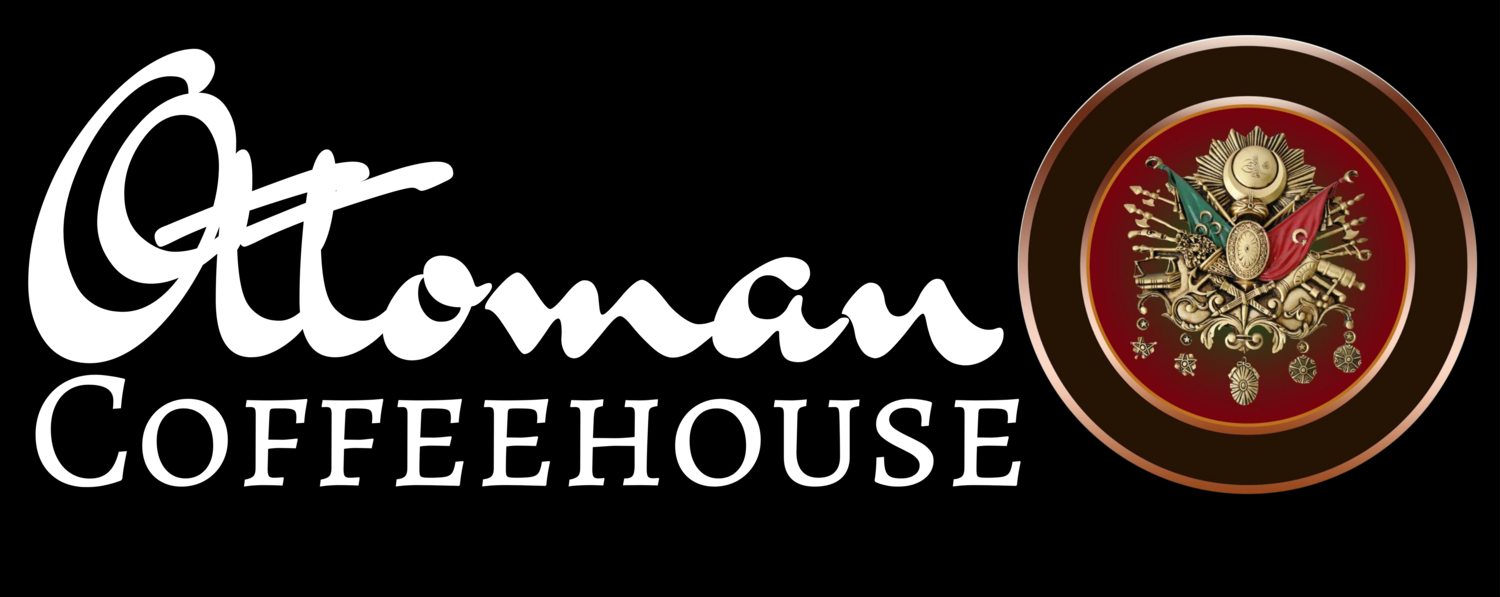The Ottoman Sultan Who Changed America
AMERICA, PROTESTANTISM AND COFFEE ALL HAVE A MUSLIM HISTORY
Alan Mikhail is professor of history and chair of the department of history at Yale University and author of the new book "God’s Shadow: Sultan Selim, His Ottoman Empire, and the Making of the Modern World."
Most Americans don’t know that their morning cup of coffee connects them to the Ottoman Empire. Few are aware that this bygone Muslim state helped to birth Protestantism, America’s dominant form of Christianity, or that the European explorers who “discovered” the Americas did so because of the Ottomans’ and other Muslims’ stranglehold on trade between Europe and Asia. In fact, some Americans don’t even know what the Ottoman Empire was. When Americans think of the Middle East, they often view it as a theater for American wars and a region essential for its oil. Yet all of us owe important parts of our culture and history to the most important empire in Middle Eastern history, the Ottoman Empire, and specifically to one sultan who lived half a millennium ago.
This September marks the 500-year anniversary of the death of a singular, but forgotten, historical figure — Selim I, the ninth sultan of the Ottoman Empire. Selim’s life and reign spanned perhaps the most consequential half-century in world history, with reverberations down to our own time. He nearly tripled Ottoman territory through wars in the Middle East, North Africa and the Caucasus. More than Italian explorer Christopher Columbus, German Catholic priest Martin Luther, Italian diplomat and political philosopher Niccolò Machiavelli or others of his contemporaries, Selim’s triumphs literally changed the world.
In 1517, Selim and his army marched from Istanbul to Cairo, vanquishing his foremost rival in the Muslim world, the Mamluk Empire. Selim now governed more territory than nearly any other sovereign. He held the keys to global domination. He controlled the middle of the world, dominated trade routes between the Mediterranean and India and China and possessed a network of ports on the major seas and oceans of the Old World. His religious authority in the Muslim world was now unrivaled. And he had enormous resources of cash, land and manpower. Lording over so much, he fittingly earned the title “God’s Shadow on Earth.”
The defeat of the Mamluks completely shifted the balance of global power between the two major geopolitical forces of the age: Islam and Christianity. In this period, religion was not simply a matter of personal faith but the organizing logic of politics across the world. In 1517, Selim won Mecca and Medina, the holiest cities in Islam, transforming his empire from having a majority Christian population to a majority Muslim one and making him both sultan and caliph, the chief political leader of his empire and the head of the global Muslim community.
The Ottomans and the Shiite Safavid rulers of Iran would wage war throughout the 1500s and 1600s, early iterations of the Sunni-Shiite religious and political divide within Islam that continues to roil the Muslim world today. It was during Selim’s day that for the first time a state self-identified as a Sunni state and another as a Shiite state to then battle for supremacy in the Middle East.
But Islam was far from the only religion upended by the Ottomans’ explosive expansion. Selim’s territorial dominance posed a spiritual challenge to Christian Europe, then a continent of small principalities and bickering hereditary city-states. Individually — or even together — they were no match for the gargantuan Muslim empire. Seeking to explain this power imbalance, many Europeans found answers not merely in politics but in what they perceived as their moral failings. In a world where religion and politics were conjoined, reversals of fortune represented judgments from God.
By far the most extensive and consequential of these critiques came from Martin Luther. He suggested that Christianity’s weakness against Islam stemmed from the moral depravity of the Catholic Church. The pope’s corruption corroded the Christian soul from the inside, making the whole of the body of Christendom brittle and therefore vulnerable to external enemies.
In addition to serving as an ideological counterpoint, Selim’s Ottomans bought Luther time to sow discord: Because of their military mobilizations to defend against the Ottomans, Catholic powers demurred from sending additional fighting forces to quell these early Protestant stirrings. As a result, Luther and his supporters were able to gain a foothold to spread the Protestant faith across German towns and then eventually around the globe.
Economically, the Ottoman Empire was a powerhouse through its sheer size and the shrewd leadership Selim displayed in controlling such a vast geographic area. One of the drivers of the empire’s economy from Selim’s day through to the early 18th century was the control of the global coffee trade. In fact, Selim’s military encountered the plant with bright red berries during its incursion into Yemen.
AD
The Ottomans began to brew this berry, and with it created institutions devoted solely to drinking coffee: We (and Starbucks owner Howard Schultz) have Selim to thank for the coffeehouse. Few of us appreciate that an Ottoman sultan was the first to turn commerce into geopolitics, monopolizing the supply of one of the world’s original mass consumer goods.
Selim’s power proved so great that his influence reached beyond even Europe and the Middle East, across the Atlantic to North America. In 1517, within weeks of Selim marching his Ottoman troops to conquer Cairo, the first Europeans landed in Mexico. As swells pushed them toward the Yucatán Peninsula, the three Spanish ships that had sailed from Cuba sighted off in the distance a grand Mayan city, larger than anything any of them had ever seen. This city is today’s Cape Catoche near Cancún. In 1517, though, these Spaniards christened it El Gran Cairo, the Great Cairo.
That year’s conquest of two Cairos — one Mayan, one Mamluk — suggests how Selim may have haunted European imaginations. Egypt’s most famous city proved a touchstone: Even on the other side of the world, it appeared to conjure up for the Spanish the image of a gargantuan metropolis of grandeur, threatening mystery and bloodthirsty fantasy. For centuries, Cairo had sent out ships to torment Spanish settlements in North Africa and on the Iberian Peninsula. It had captured and imprisoned Christians and dispatched threatening missives to European capitals. Cairo controlled holy Jerusalem, and prevented Europeans from trading with India and China. All of this power was now in Selim’s hands. The conquest of a vast Mayan city, while clearly a major victory for the Spanish, could not match the potency of Selim’s Muslim clout. If anything, it evidenced European weakness — that even in the Caribbean, Christians were still possessed by Ottoman ghosts.
The Ottomans persisted as central players on the world stage from Selim’s reign until their demise in World War I, after more than six centuries of rule. When European powers began outpacing the empire in the 19th century, they also wrote the Ottomans out of the history of how our world came to be. Europeans projected Ottoman weakness in the present back into the past to portray their own ascendancy as somehow inevitable.
Overcoming this view to see the reverberations of the Ottoman Empire in the “New World” and across the globe helps us to grasp the omnipresence of Ottoman influence. It helps us to recognize what Europeans understood for centuries: that thanks to Selim, the Ottomans wielded more power, controlled more territory, ruled over more people and endured longer than nearly all other states. Understanding this history helps us to see the integral, usually overlooked or rejected, place of Muslims in what is our shared past. While Islam is often portrayed as a threatening other in America today, as diametrically opposed to what we quickly accept as “the West,” it is actually an integral part of our history and culture, a constructive force in our richly interwoven past. America, Protestantism and coffee all have a Muslim history. Our nation — and world — is indeed very much an Ottoman one.


